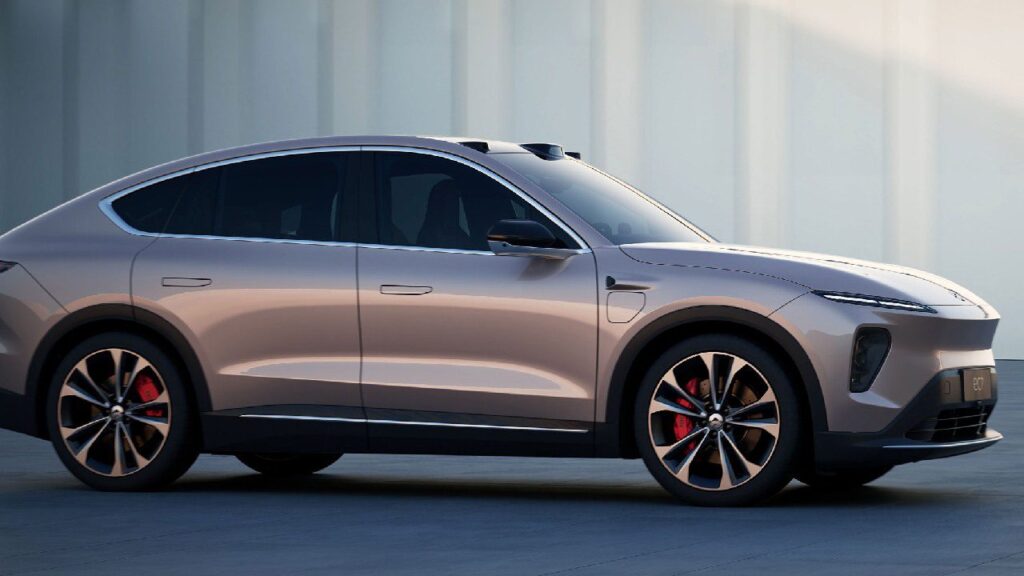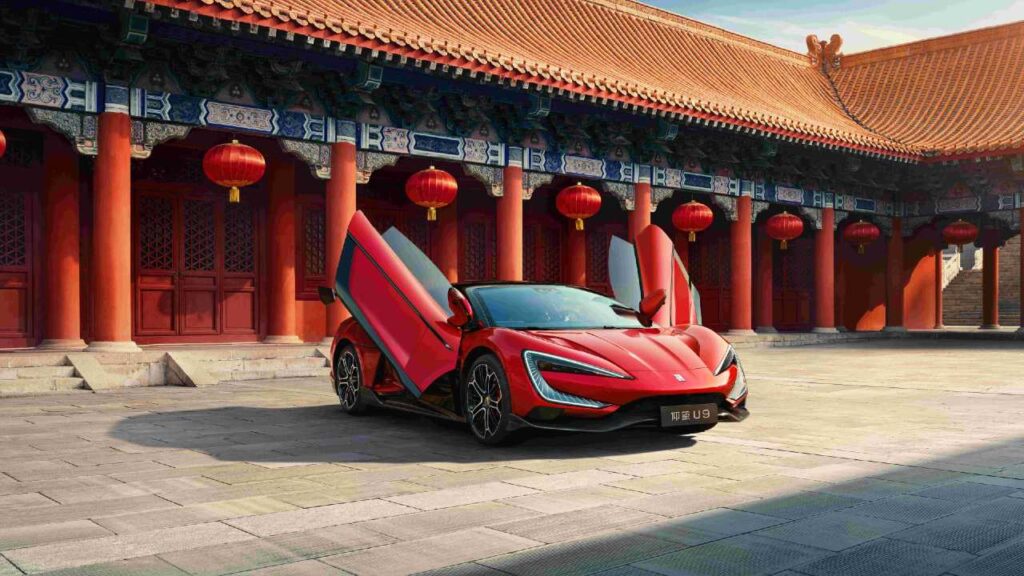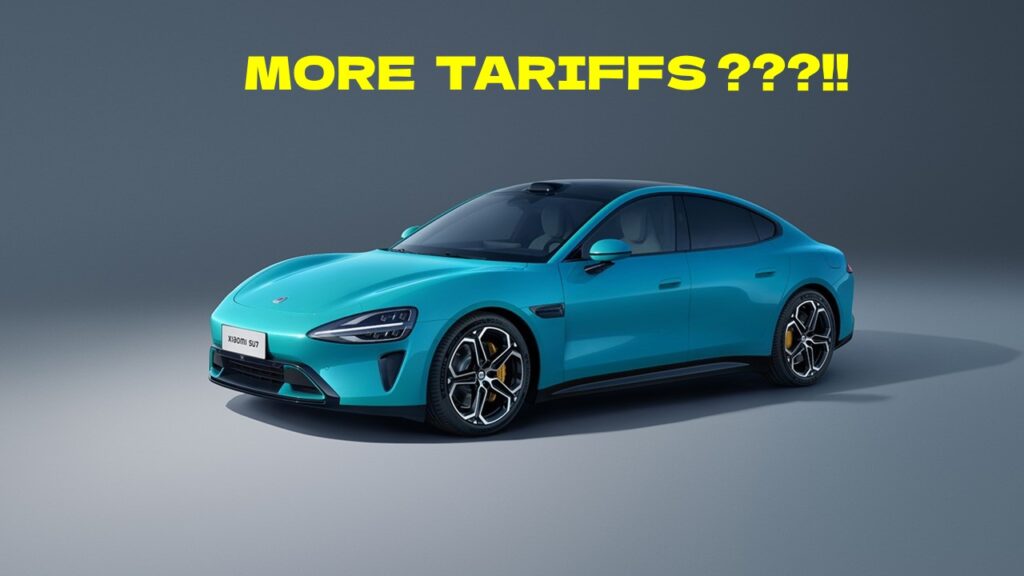The resistance toward China-made EVs is growing globally as Canada sets to become the next nation to levy tariffs.
Following the lead of the U.S., Canada might also slap hefty tariffs on Chinese EVs. In the last few months, agitation toward China-made electric cars has been rising. We have already seen the U.S. announce 100% tariffs on China-made cars up from 25%. In addition to that, the European Union (EU) also increased its tariffs on Chinese EVs to 38.1%. Note that this is in addition to the existing 10%. Hence, two prominent regions in the world of automotive are against Chinese EVs. Canada might soon join the fray as well.

You might also like: Young Americans Open To Chinese EVs Despite 100% Tariffs – Study
Canada Can Impose Tariffs On Chinese EVs
The aim of these tariffs is to protect local industries and jobs. This becomes clear from the statement by the Ontario Premier Doug Ford. He pleaded with the Canadian Prime Minister, Justin Trudeau to match the U.S. tariffs claiming that “unless we act fast, we risk Ontario and Canadian jobs.” Resultantly, Trudeau confirmed that he is monitoring the actions of other countries in this matter.
Furthermore, he has had discussions about the Chinese EVs during the recent Group of Seven leaders meeting in Italy. Still, no concrete action has been initiated yet. On the other hand, Canada needs to move cautiously, otherwise, it could also face retaliatory measures from China.
Just to put things into perspective, in 2022, the worth of Chinese EVs sold in Canada was just CA$100 million (US$73 million). This number sprung to a massive CA$2.2 billion (US$1.6 billion) in 2023. But this can be understood by considering the Tesla EVs that the American EV giant decided to sell in Canada after importing from China. We saw a slew of China-made Tesla EVs last year.
As per a report by Bloomberg, the spokesperson for Canadian Finance Ministry, Chrystia Freeland, said that Canada is “actively considering next steps to counter Chinese oversupply. China has an intentional, state-directed policy of overcapacity [and] protecting Canadian jobs, manufacturing, and our free trade relationships is essential.”
Some auto groups from Canada are also asking the Trudeau government to levy tariffs. They believe that since the United States-Mexico-Canada free trade agreement is up for review, they can’t afford to be separate from the U.S. in this regard. The Canadian PM remarked, “We will look very carefully at what steps need to be taken to ensure that the Canadian auto industry and indeed Canadian consumers are well supported for years to come.”

You might also like: EV Batteries Made in Europe To Be 60% Less Carbon Intensive Than Chinese – Study
Learn Electric Cars Says
This Chinese EV tariff situation is getting more severe with each passing day. On one hand, Chinese carmakers are coming up with more affordable EVs every other week. Firstly, these are for the domestic market. Thereafter, the final plan is to flood the international markets, killing the competition. On the other hand, more nations and regions around the globe are becoming concerned with this strategy.
The only way they deem fit at the moment is by imposing tariffs. Interestingly, many carmakers like Stellantis, Volvo, etc. have voiced their concerns about this approach. They believe that while this may seem like a temporary solution to a complex problem, this approach won’t be healthy for global trade in the long run. I get both sides of the argument. Still, we don’t have any other option than to wait to see how things pan out in the coming years.

